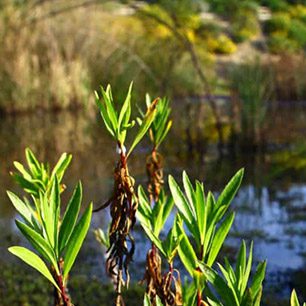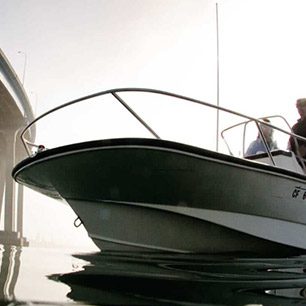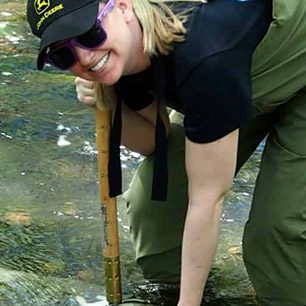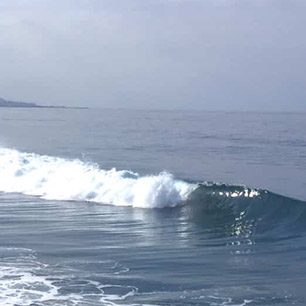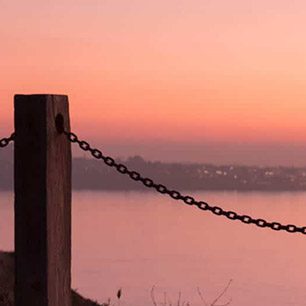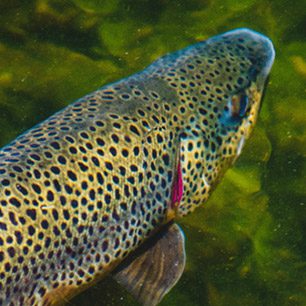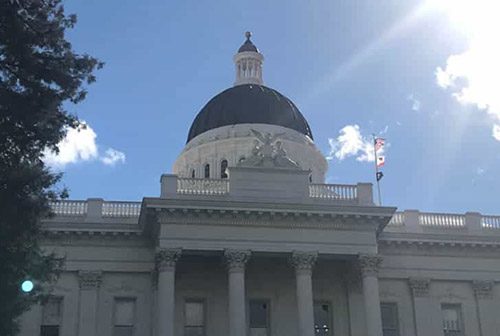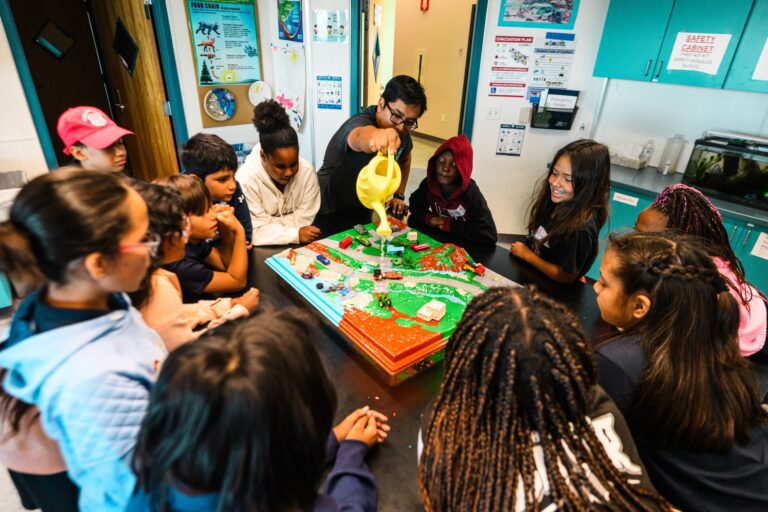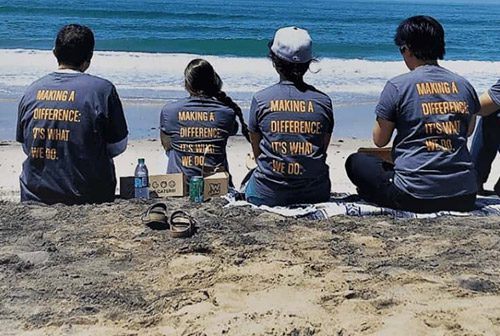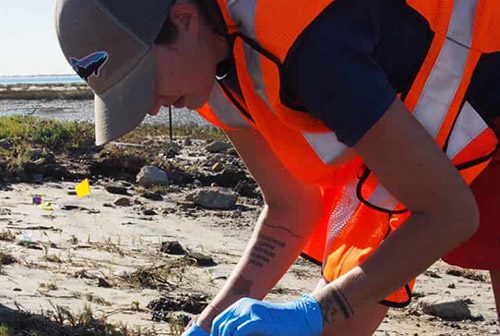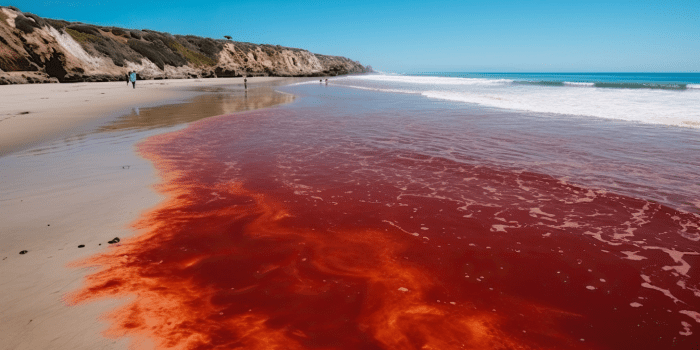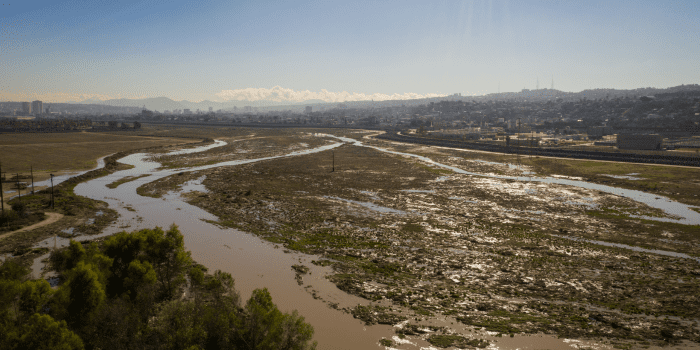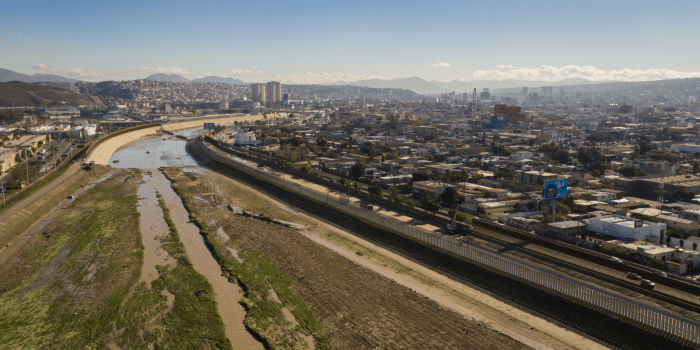

Well, that’s what I did with 40 other informal environmental educators from San Diego who attended the Next Generation Science Standards (NGSS) workshop on November 22. This training provided clear and consistent, researched-based standards that engage students in science instruction that will prepare them to utilize critical thinking and creative problem-solving necessary to excel in the global society.
What? Well, that means we want our students to truly understand and appreciate environmental science through experiences, not just memorization.
Kim Bess from the San Diego County Office of Education helped us get hands-on with the new science standards that focus on helping students to be able to do science rather than memorize facts. The NGSS standards or performance expectations give us the opportunity, with programs like Project SWELL, to serve as a resource for teachers looking for curriculum that engage students in critical thinking, and learning scientific concepts by doing science.
The NGSS were just recently adopted by the State of California along with other six states, opening the door to use nature as the perfect case study for hands-on science.
Yahoo! That’s what we say. We love nature and its ability to teach us too much.
Twenty-six states and their broad-based teams worked together with a 41-member writing team and partners throughout the country to develop the standards. The framework comprises eight Scientific and Engineering Practices (asking questions, analyzing and interpreting data, etc.), seven Crosscutting Concepts (Cause and effect, Systems, and systems models, and others), and 44 Disciplinary Core Ideas focus on Physical Sciences, Life Sciences, Earth and Space Sciences, and Engineering, Technology & Applications of Science.
What I love about the NGSS is that students will learn by doing and they will be able to build on and revise their knowledge and abilities from K-12. Now everything that they wonder about in nature can be an experience to learn science.
